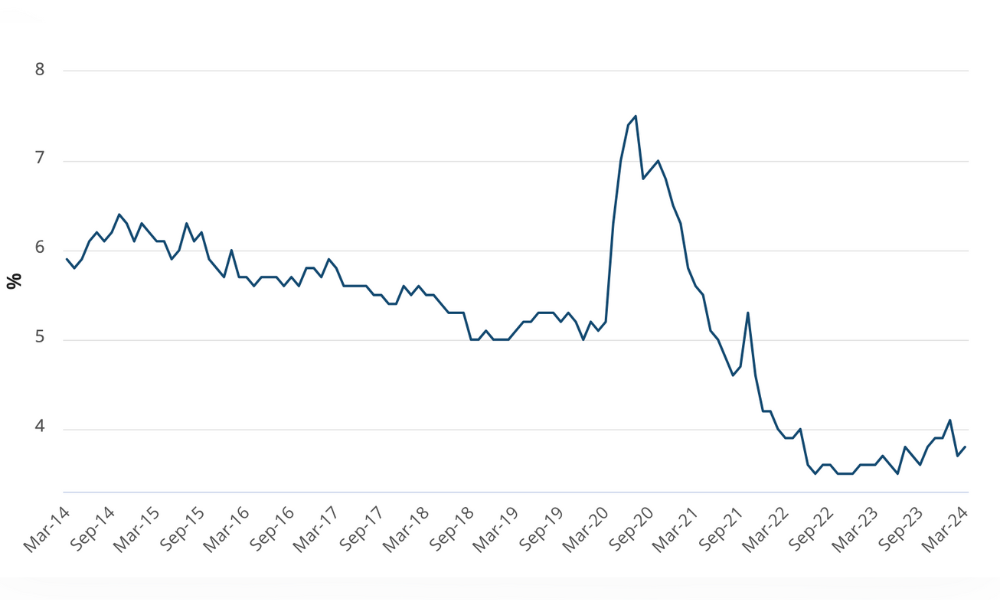Employers in the US are planning to reshape their talent programs as the economy shifts out of the recessionary period, according to global management consultancy Mercer.
Employers in the US are planning to reshape their talent programs as the economy shifts out of the recessionary period, according to global management consultancy Mercer.
The Future of Talent Management report, which surveyed HR and talent management leaders at more than 400 organisations throughout the US, showed more than half of employers surveyed indicate their organisation has emerged from the recession and is in growth mode (15 per cent) or is emerging from the recession and preparing for growth (37 per cent).
And they are anticipating greater emphasis on talent management and competition for key talent in coming months.
Most organisations are planning changes to their talent programs in response to the downturn, although they are at different stages in terms of identifying and implementing these changes.
The majority plan to make changes to leadership training (88 per cent), workforce training (85 per cent), employee engagement (85 per cent), recruiting (80 per cent), retention (80 per cent), rewards (76 per cent) and performance management (76 per cent) programs.
More than two-thirds (68 per cent) are planning to make changes to their career programs and just more than half (51 per cent) are planning to make changes to mobility programs.
Jason Jeffay, a partner in Mercer’s human capital business and global leader of the firm’s talent management consulting, said: “The downturn forced organisations to make fairly dramatic changes to their workforces and talent programs. Now organizations are planning further changes, but the aim is not to revert to what they had before the downturn.
“It’s a different business environment now. We’re looking ahead to a period of positive but slower growth, which translates into different talent needs. Talent programs need to be reviewed and tailored to fit this new reality.”
Talent management prioritiesThe report also revealed that half (51 per cent) of employers rate talent managementas a top priority at their organisation today, but 76 per cent expect it to be a top priority within the next three to five years.
In addition, almost all employers (97 per cent) anticipate an increase in competition over the next three to five years for the key talent their organizations need to succeed; 39 per cent expect some increase in competition, while far more – 58 per cent – expect a significant increase in competition.
When asked to express their confidence in being able to address a range of 10 key talent challenges, most organisations said they are most confident in their ability to link employee performance to business goals (88 per cent) and to understand the key roles and workforce segments that drive business success (86 per cent).
They are least confident in their ability to use quantitative analytics to make and measure their investments in talent (41 per cent are not at all confident, 44 per cent are somewhat confident and only 15 per cent are very confident).








